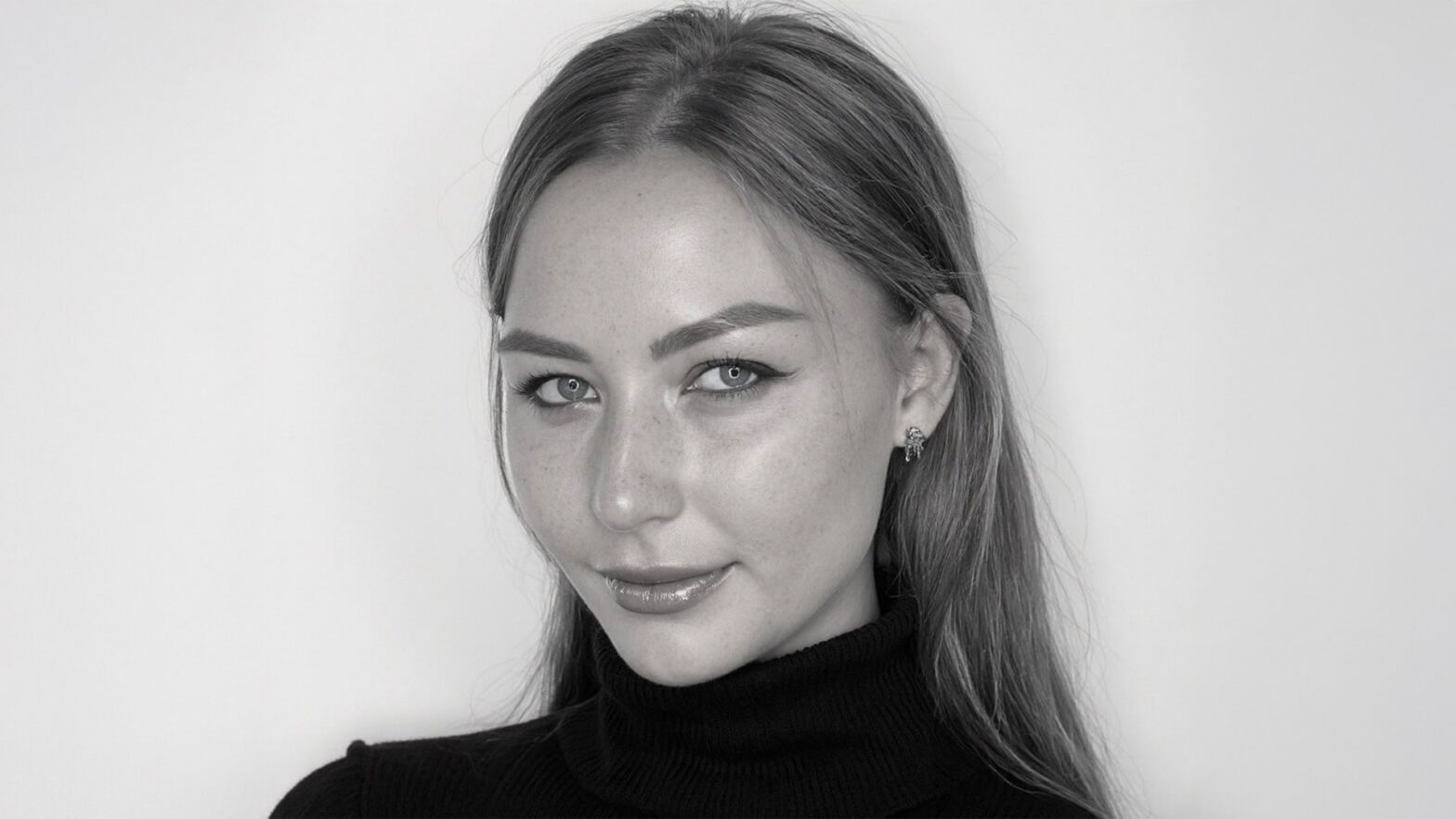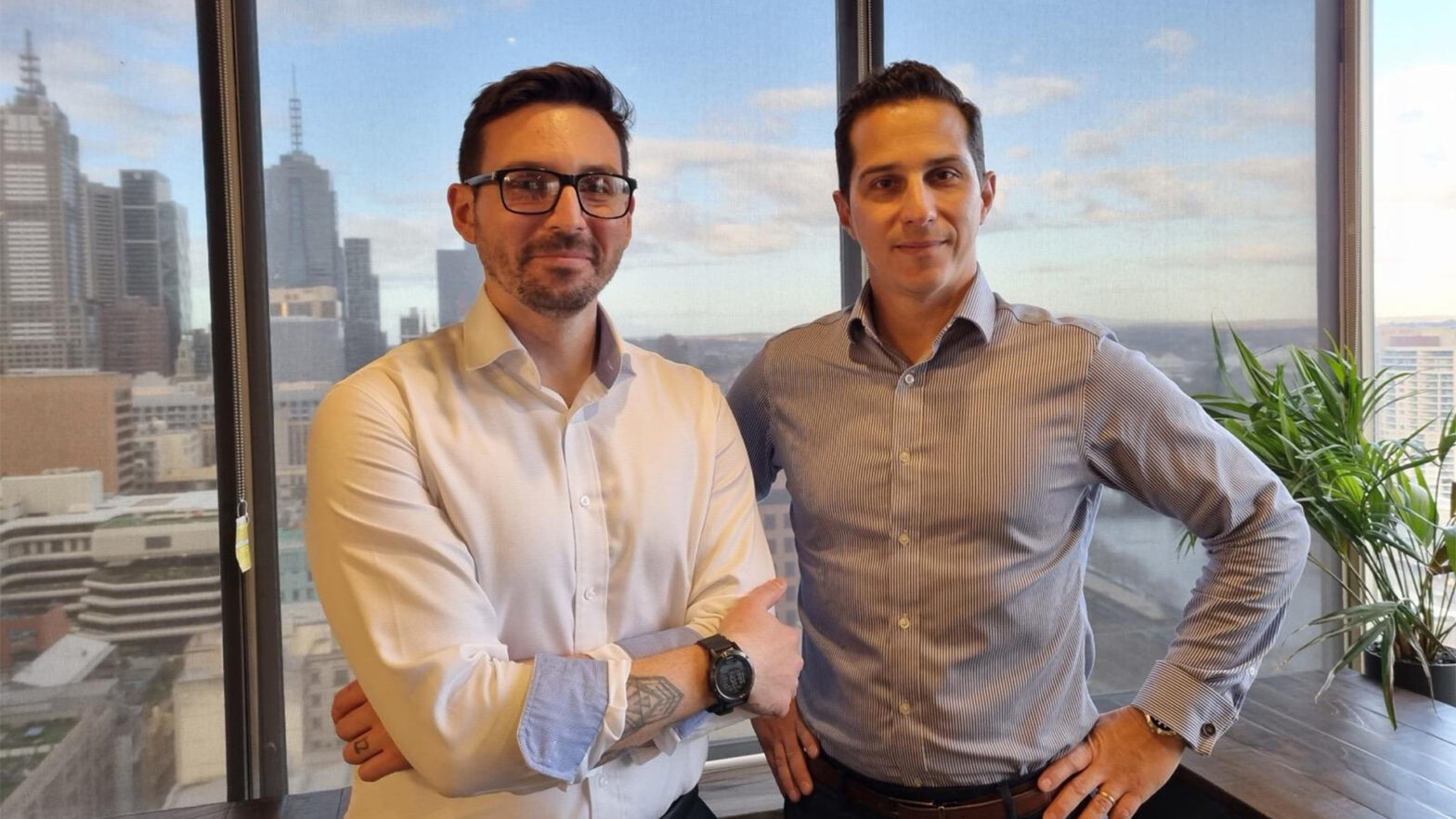
As the world grapples with the urgent need to address climate change, a group of pioneering women in Australia are leading the charge for environmental change in their respective fields. These trailblazers are not only advocating for a cleaner, more sustainable future—they are actively reshaping industries through innovation and strategic leadership.
From revolutionising clean energy to advancing corporate sustainability, I’m fortunate to be working with women who are at the forefront of the fight against climate change. Each is applying their expertise to tackle Australia’s most pressing environmental issues, prioritising action that will leave a lasting impact on the nation’s future.
With determination and vision, they are driving the transformation of businesses, ecosystems, and communities. By leveraging innovation and strategic upskilling, they are fostering a new wave of climate-conscious leaders and paving the way for a cleaner economy.
At a time when business innovation is crucial to confronting global environmental challenges, these women’s work is an example of how leadership, passion, and technological ingenuity can create powerful solutions. Through their business leadership, they are not only making a real difference today—they are shaping the future of Australia’s environmental landscape.
Driving Corporate Sustainability Beyond Compliance
With the introduction of mandatory climate reporting in Australia from 1 January 2025, Australian business has passed a tipping point in the battle against climate change. Large businesses now have an annual requirement to provide decision-useful information to primary users of their general-purpose financial reports about their climate-related risks and opportunities that could reasonably be expected to affect their cash flows, access to finance, or cost of capital over the short, medium, or long term.
Dr Leeora Black has spent decades working in corporate sustainability, helping businesses navigate complex ESG challenges and adapt to evolving expectations. “Having worked in the field of voluntary sustainability reporting standards for 25 years, I know that when a business has to report publicly on any matter, that matter will become the subject of actions that can have a transformative effect beyond the boundaries of that business,” she says. “Suppliers, customers, and employees all become part of the challenge of truly sustainable development.”
Her work with ResponsibleSteel™ is a clear example of how sustainability can move beyond a company’s walls to influence entire industries. Ensuring that steel—one of the hardest-to-abate sectors—aligns with rigorous environmental and social criteria isn’t just about compliance; it’s about long-term resilience.
For Dr Black, corporate sustainability has always been values-driven. “Working in this field has brought the satisfaction of being totally values-aligned. My work has been an expression of the Jewish value of Tikkun Olam, which literally means ‘repairing the world.’ Tikkun Olam challenges us to look beyond our own narrow selves and work towards a world where we can all thrive. When I advocate for climate action, I am fulfilling a fundamental Jewish requirement.”
Building Australia’s Renewable Energy Future
For Shevy Moss Feiglin, renewable energy isn’t just a career, it’s a responsibility. As she puts it, “A strong Jewish value is our responsibility as Shomrei Adamah – guardians of the earth – entrusted with using its resources wisely and sustainably. Drawing power from the sun, wind, and water aligns with these values, enabling us to meet our needs without causing harm.”
Shevy’s journey in energy began with AGL, working for four and a half years with one of the largest energy retailers in Australia. Her focus on renewables began with policy and market reform, where she worked to ensure that regulatory frameworks actually enabled the energy transition rather than hindering it. But over and above policy, she wanted to be on the ground, making projects happen. Over the past three years, she has worked in project development, bringing solar, wind, and large-scale battery storage online across Australia, while looking to maximise the benefits that local communities derive from hosting these projects. Right now, she’s driving the development of two solar farms in Queensland, and a battery project in New South Wales.
“My journey, following my studies in atmospheric physics, is rooted in the belief that technological progress should be used ethically to ensure we leave the world better than we found it,” she says.
Funding the Climate Transition with Smart Capital
The evolution of many of the new industries that will benefit Australia requires capital, but traditional investment structures often don’t align with the needs of emerging climate technologies. Over three years, Amanda Goodman and her team at Ecotone Partners worked across $170 million in climate-related capital transactions, and identified there were fundamental gaps in the market, areas where traditional finance wasn’t providing the kind of support that climate businesses needed to scale. That realisation led to the formation of the Planet Fund.
“We saw a mismatch between the needs of climate businesses and the traditional forms of capital available,” Amanda explains. “So we set up a fund to provide bespoke funding solutions that help these innovative businesses scale.”
The Planet Fund prioritises technologies that have already been validated and can reduce emissions in the short term without relying on inflated green premiums. “While there’s a lot of noise about what elections or policy shifts might mean for decarbonisation, the reality is that Australia has significant advantages to leverage. We’re seeing a wave of innovation in home electrification, batteries, and EV technologies that have the potential to reduce both costs and emissions. Our job is to make sure they get the financial support they need to successfully scale, reaching everyday Australians and Australian businesses.”
For Amanda, finance is also about responsibility. “Jewish values have profoundly shaped my approach to climate finance. They provide me with a moral and ethical framework, ensuring that every investment isn’t just financially sound, but also a step towards a better world.”
Why This Matters
These women are shaping the future of Australia’s energy, finance, corporate responsibility, and workforce development. Leadership in sustainability is about forging ahead, building solutions that solve real-world problems, and making change happen now, while we push for positive policy reform at the same time.
They prove that ethical leadership and championing sustainability go hand in hand. Climate change is an immediate challenge, and with these innovative and purpose-driven women leading the charge, we have more than hope, we have momentum.



























